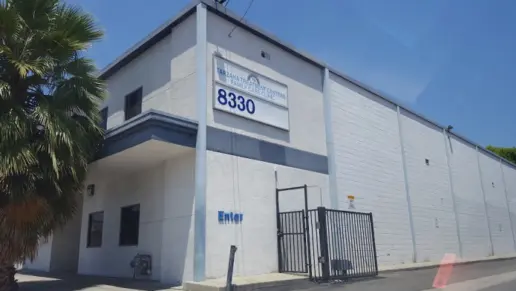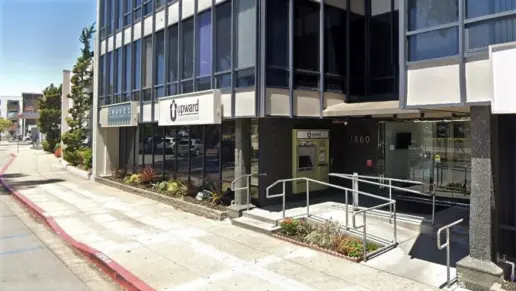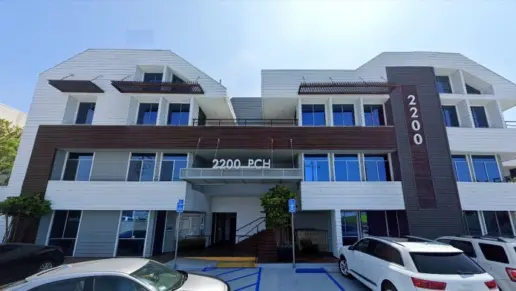About Westside Alano Club
Located in Los Angeles, California, West Side Alano Club is a 12-step program dedicated to supporting individuals living with the addiction of codependence. They are not a traditional alcohol or drug rehab center but instead focus on helping individuals impacted by addicts.
Westside Alano Club accepts individuals from all walks of life and provides free meetings to all who want support. Their services include:
Westside Alano Club runs in an outpatient format. It is a peer-led program that focuses on the teachings outlined within the Big Book of Alcoholics Anonymous. Individuals obtain a sponsor, work the steps, sponsor newcomers, give back to their local meetings, and learn about the principles associated with this program. The focus of this program is to help individuals identify their addictive tendencies as codependent persons who are heavily focused on the addict in their lives. Participants learn tools, and healthy mind shifts, and become a part of a community where they learn how to prioritize their well-being again.
West Side Alano Club does not accept insurance because their services are provided at no cost. If an individual is seeking other forms of treatment outside of this program, they will want to contact their insurance carrier to learn more about their coverage and benefits. This is because out-of-network benefits may vary from plan to plan and facility to facility.
Latest Reviews
Rehab Score
Gallery
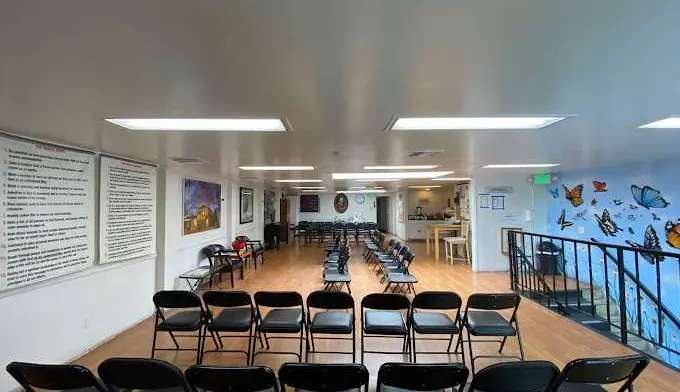
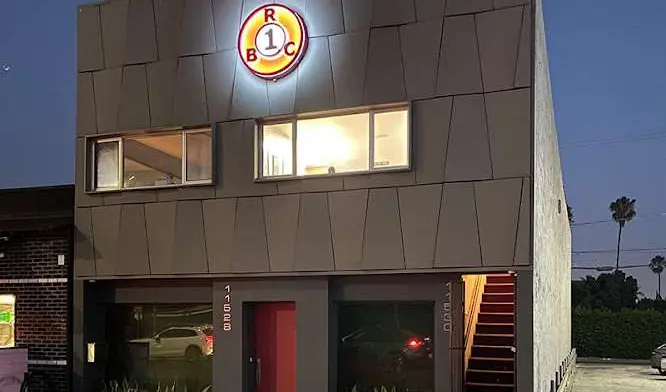
Location
Addiction Treatments
Levels of Care
Treatments
The goal of treatment for alcoholism is abstinence. Those with poor social support, poor motivation, or psychiatric disorders tend to relapse within a few years of treatment. For these people, success is measured by longer periods of abstinence, reduced use of alcohol, better health, and improved social functioning. Recovery and Maintenance are usually based on 12 step programs and AA meetings.
Drug rehab in California teaches participants constructive ways to stay clean and sober. Treatment revolves around helping individuals stop using the substance they are addicted to and learn healthy habits to avoid relapse.
Opioid rehabs specialize in supporting those recovering from opioid addiction. They treat those suffering from addiction to illegal opioids like heroin, as well as prescription drugs like oxycodone. These centers typically combine both physical as well as mental and emotional support to help stop addiction. Physical support often includes medical detox and subsequent medical support (including medication), and mental support includes in-depth therapy to address the underlying causes of addiction.
Substance rehabs focus on helping individuals recover from substance abuse, including alcohol and drug addiction (both illegal and prescription drugs). They often include the opportunity to engage in both individual as well as group therapy.
Programs


Clinical Services
Research clearly demonstrates that recovery is far more successful and sustainable when loved ones like family members participate in rehab and substance abuse treatment. Genetic factors may be at play when it comes to drug and alcohol addiction, as well as mental health issues. Family dynamics often play a critical role in addiction triggers, and if properly educated, family members can be a strong source of support when it comes to rehabilitation.
Group therapy is any therapeutic work that happens in a group (not one-on-one). There are a number of different group therapy modalities, including support groups, experiential therapy, psycho-education, and more. Group therapy involves treatment as well as processing interaction between group members.
Contact Information
11530 West Pico Boulevard
Los Angeles CA, 90064
